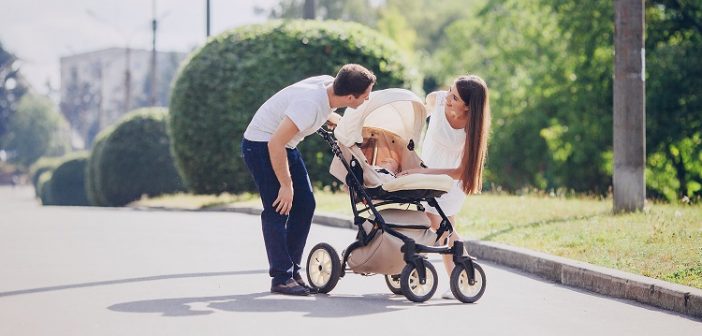The birth of your child can be the most memorable and exciting day of your life. However, what happens if things go wrong? When preparing to give birth, you may begin to be concerned about what could go wrong during your pregnancy. However, this guide will help you to understand the possible complications and what you do can if something does go wrong during the birth.
What Common Birth Injuries are There?
Birth injuries are any physical injury that a baby suffers from during the birth. Although birth injuries are reasonably rare, there are a few that are more common than others. These include Caput Succedaneum, where the tissues on a baby’s scalp swell as they pass through the birth canal, or bruising/forceps marks, which can occur when babies scrape the mother’s pelvic bones, or when forceps are used to remove the baby. Other conditions include facial paralysis, brachial plexus palsy or Cephalohematoma, where the area underneath the cranial bones bleeds. The most common fracture that occurs is in the collarbone or shoulder where the baby has struggled to breach.
What Can You do in the Event of a Birth Injury?
If an injury occurs during the birth, there is help and support that you can seek. If you believe that the injury was at the fault of the hospital and practitioners, you can seek legal avenues and take them to court. To do this, you should firstly get in contact with a solicitor. Minton Morrell solicitors in Leeds provide a range of advice from specific birth injuries such as erbs palsy to more general medical negligence claims, and can see you through the legal process, offering their advice on the strength and evidence behind your case.
How Can This Affect the Mother?
Births that have been difficult, such as if there has been a danger to the baby, or the baby or mother was injured during the birth, can cause adverse effects in the mother. Traumatic births can cause PTSD and symptoms of post-natal depression and include symptoms such as intrusive memories and dark moods, as well as a lack of interest of attachment to the baby.
What Help is There for Mothers?
If you feel as if you need help and support in the event of birth trauma, you should visit your GP or midwife to discuss your options. They may refer you to a counsellor or a specialist PTSD expert who can help to discuss your trauma with you and guide you through the healing process. Hospitals also run after-care programmes and de-briefing schemes which can help you to recover in the best way possible and continue your care regimen past the birth of your baby.
After birth injuries are not common, by being prepared for every eventuality, you will ensure that you know what to do in an emergency. You will be able to stay relaxed and informed if a birth injury does occur, and know what support is out there to help you cope.




